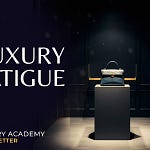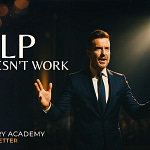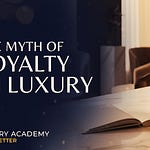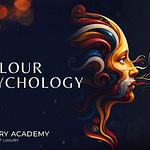There’s a particular kind of panic that only afflicts the wealthy. It’s not particularly loud, nor really even visible, but it’s always there, humming beneath the surface. It’s the realisation that wealth hasn’t delivered calm, only a more sophisticated form of unease.
You can afford the things you once admired, yet you catch yourself wondering if you’ve bought the ‘right’ things. The right watch, the right brand of whisky or the right kind of caviar. That’s prestige anxiety, the quiet panic of getting success ‘wrong’.
Luxury, after all, isn’t about owning. It’s about what it says about you. Every choice, every texture, every silence in a room says something. Economists call it signalling, psychologists call it status maintenance but either way, it can get pretty exhausting. You’re buying confirmation and belonging.
The harsh truth is that luxury was never meant to soothe. It was meant to separate, to create the calm of being recognised as belonging.
And when that recognition falters, the unease begins.
So the purchases grow subtler, the taste more careful, the laughter softer. You stop showing wealth and start disguising it, hoping that those who matter can still see it.
Prestige anxiety isn’t insecurity in the traditional sense. It’s actually a form of vigilance. The constant monitoring of self-presentation within a tribe that insists no one is watching. It’s what keeps luxury alive, and what keeps so many of its buyers quietly restless.
The irony, of course, is that the only cure for prestige anxiety is the one thing money can’t buy: indifference.
True luxury isn’t the cashmere, or the car, or the art. It’s the ability to stop caring whether or not you belong.
Until then, prestige anxiety remains the private tax of success.
See you need week.
Paul










